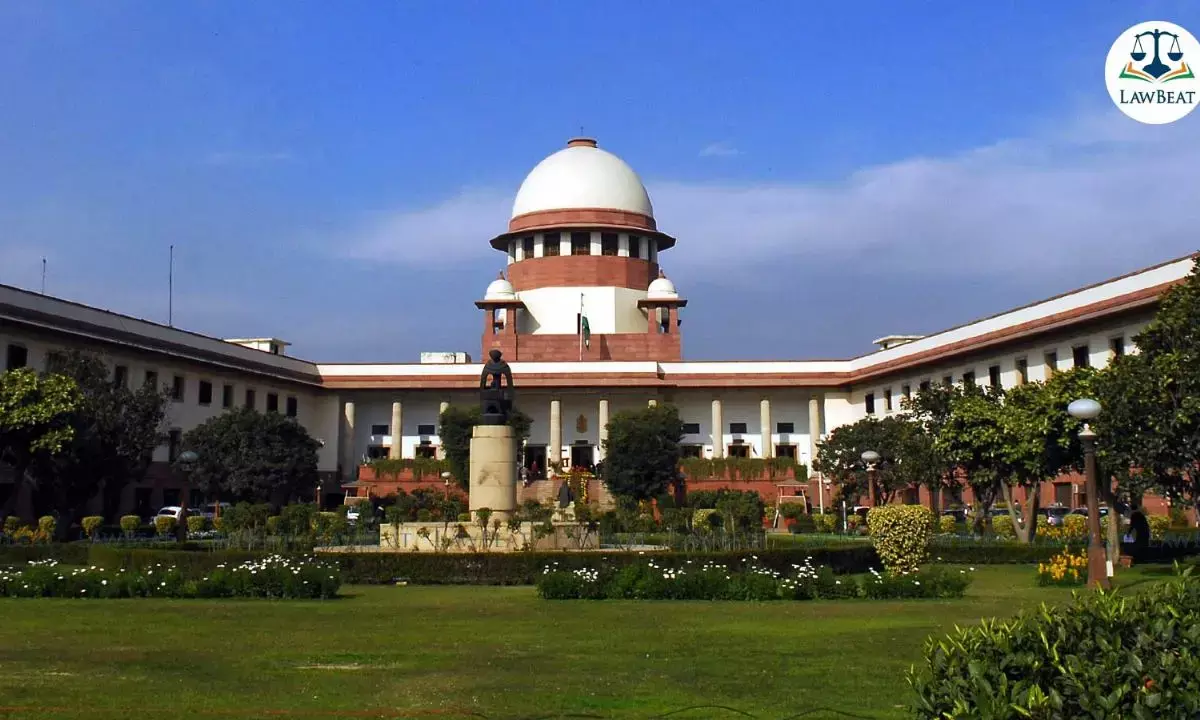Supreme Court’s 3-Year Bar Rule Challenged: Review Plea Alleges Violation Of Fair Access To Judiciary

A Review Petition has been filed in the Supreme Court challenging its May 20, 2025 judgment that makes “3 years’ practice at the Bar” a mandatory condition for lawyers to appear in the Civil Judge (Junior Division) Examination.
The Review Petitioner, Chandra Sen Yadav, a newly enrolled advocate and an aspiring judicial service candidate, contends that the ruling unfairly deprives a large pool of fresh law graduates of their opportunity to enter the judiciary.
The petition filed through AoR Kunal Yadav underscores that the Supreme Court disregarded key recommendations made by the Shetty Commission in 1999 and previously upheld in All India Judges Association v. Union of India (1993) 4 SCC 288, which advocated for extensive training for young graduates instead of a rigid practice requirement.
Yadav further argues that the Court's view, labelling fresh graduates as “raw”, disregards the rigorous, multi-layered selection process already in place, which comprises a preliminary test, main examination, and viva voce. Furthermore, institutional training upon selection can adequately prepare fresh graduates for the responsibilities of a judgeship.
The petition highlights a lack of empirical data or objective criteria to show that advocates with less than 3 years of practice perform poorly as judges. It points to the success of many young judges who were appointed without extensive practice at the Bar and underscores the principle of reasonable classification under State of West Bengal v. Anwar Ali Sarkar (1952), arguing there is no rational basis to treat fresh graduates differently from those with 3 years’ practice.
The Review Applicant also requests the Supreme Court to consider applying the 3-year practice criterion from 2027 onwards to avoid unfairly affecting graduates who made their career choices under previous conditions.
The petition underscores that the impugned ruling has a direct impact on the fundamental rights under Articles 14, 16, and 19(1)(g) of the Indian Constitution, the right to fairness, equal opportunity in employment, and freedom to pursue a profession and urges the Court to reconsider its decision in light of fairness, empirical data, and constitutional principle.
The petition highlights numerous grounds for reconsideration:
Case Title: Chandrasen Yadav v. Union of India & Others [Diary No. 33086 of 2025]
